Marcello Mollica - Syrian Armenians and the Turkish Factor: Kessab, Aleppo and Deir ez-Zor in the Syrian War
Here you can read online Marcello Mollica - Syrian Armenians and the Turkish Factor: Kessab, Aleppo and Deir ez-Zor in the Syrian War full text of the book (entire story) in english for free. Download pdf and epub, get meaning, cover and reviews about this ebook. year: 2021, publisher: Palgrave Macmillan, genre: Politics. Description of the work, (preface) as well as reviews are available. Best literature library LitArk.com created for fans of good reading and offers a wide selection of genres:
Romance novel
Science fiction
Adventure
Detective
Science
History
Home and family
Prose
Art
Politics
Computer
Non-fiction
Religion
Business
Children
Humor
Choose a favorite category and find really read worthwhile books. Enjoy immersion in the world of imagination, feel the emotions of the characters or learn something new for yourself, make an fascinating discovery.
- Book:Syrian Armenians and the Turkish Factor: Kessab, Aleppo and Deir ez-Zor in the Syrian War
- Author:
- Publisher:Palgrave Macmillan
- Genre:
- Year:2021
- Rating:4 / 5
- Favourites:Add to favourites
- Your mark:
Syrian Armenians and the Turkish Factor: Kessab, Aleppo and Deir ez-Zor in the Syrian War: summary, description and annotation
We offer to read an annotation, description, summary or preface (depends on what the author of the book "Syrian Armenians and the Turkish Factor: Kessab, Aleppo and Deir ez-Zor in the Syrian War" wrote himself). If you haven't found the necessary information about the book — write in the comments, we will try to find it.
This volume examines significant social transformations engendered by the ongoing Syrian conflict in the lives of Syrian Armenians. The authors draw on documentary material and fieldwork carried out in 2013-2019 among Syrian Armenians in Armenian and Lebanese urban settings. The stories of Syrian Armenians reveal how contemporary events are seen to have direct links to the past and to reproduce memories associated with the Armenian genocide; the contemporary involvement of Turkey in the Syrian war, for example, is seen on the ground as an attempt to control the Armenian presence in Syria. Today, the Syrian Armenian identity encapsulates the complex intersection of memory, transnational links to the past, collective identity and lived experience of wartime everydayness. Specifically, the analysis addresses the role of memory in key events, such as the bombing of Armenian historical sites during the commemorations of 24 April in the Eastern Syrian city of Deir ez-Zor; the (perceived) shift from destroying Syrian Armenians material culture to attempting to destroy the Armenian community in urban Aleppo; and the informal transactions that take place in the border area of Kessab. This carefully-researched ethnography will appeal to scholars of anthropology, sociology, and political science who specialize in studies of conflict, memory and diaspora.
Marcello Mollica: author's other books
Who wrote Syrian Armenians and the Turkish Factor: Kessab, Aleppo and Deir ez-Zor in the Syrian War? Find out the surname, the name of the author of the book and a list of all author's works by series.

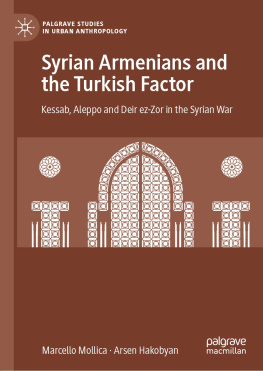

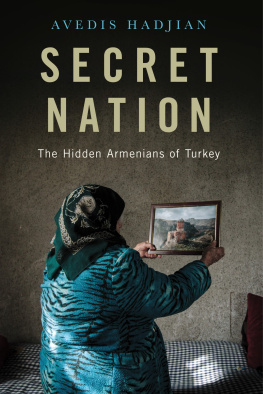
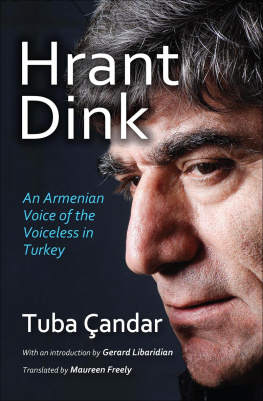
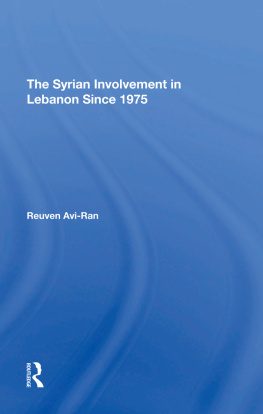
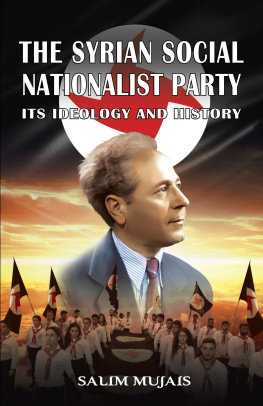
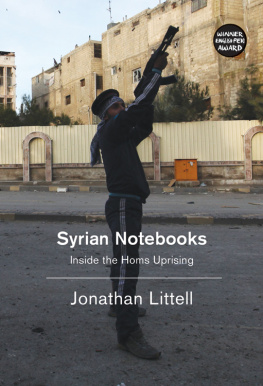


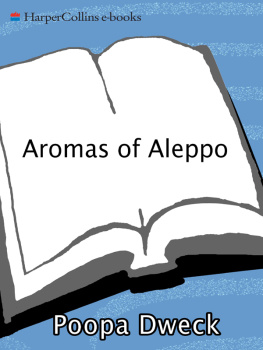
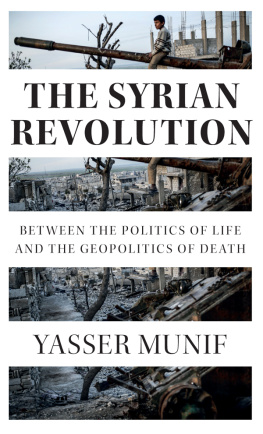
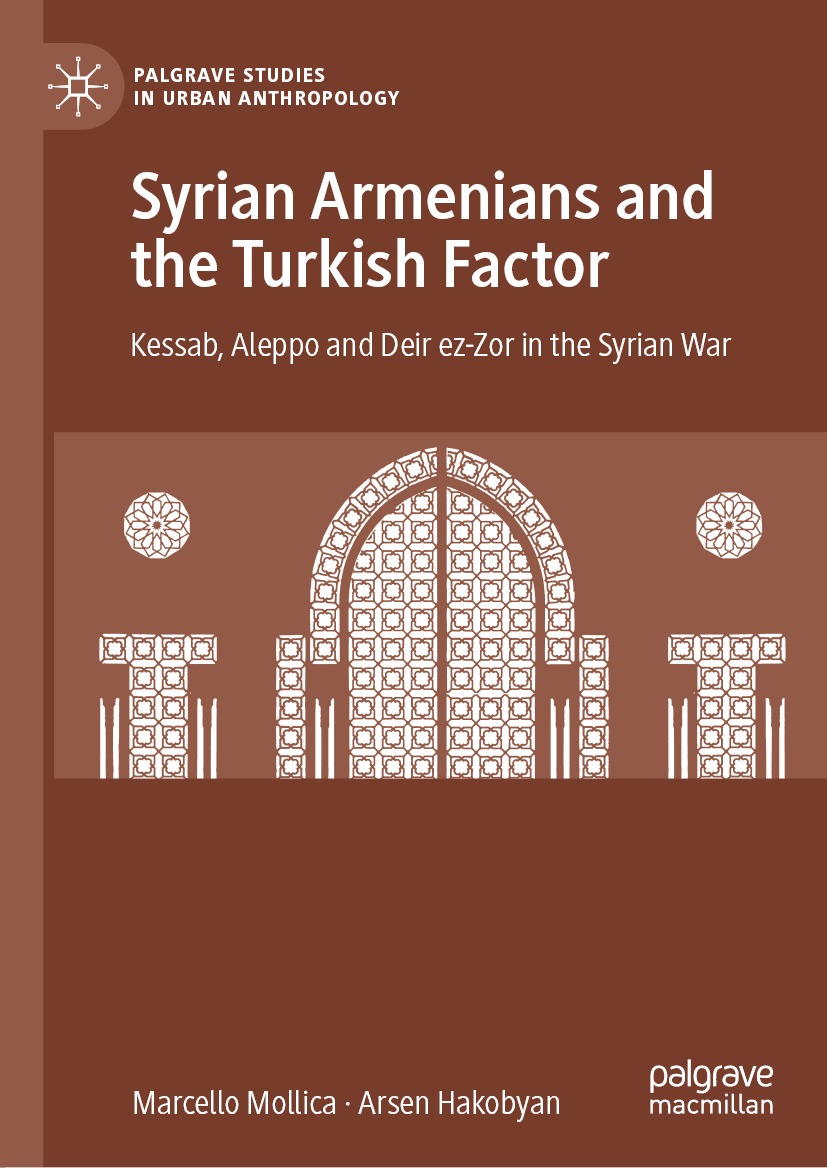

 [Mets Yeghern, Great (Evil) Crime], a term used by Armenians to refer to the Armenian Genocide.
[Mets Yeghern, Great (Evil) Crime], a term used by Armenians to refer to the Armenian Genocide.